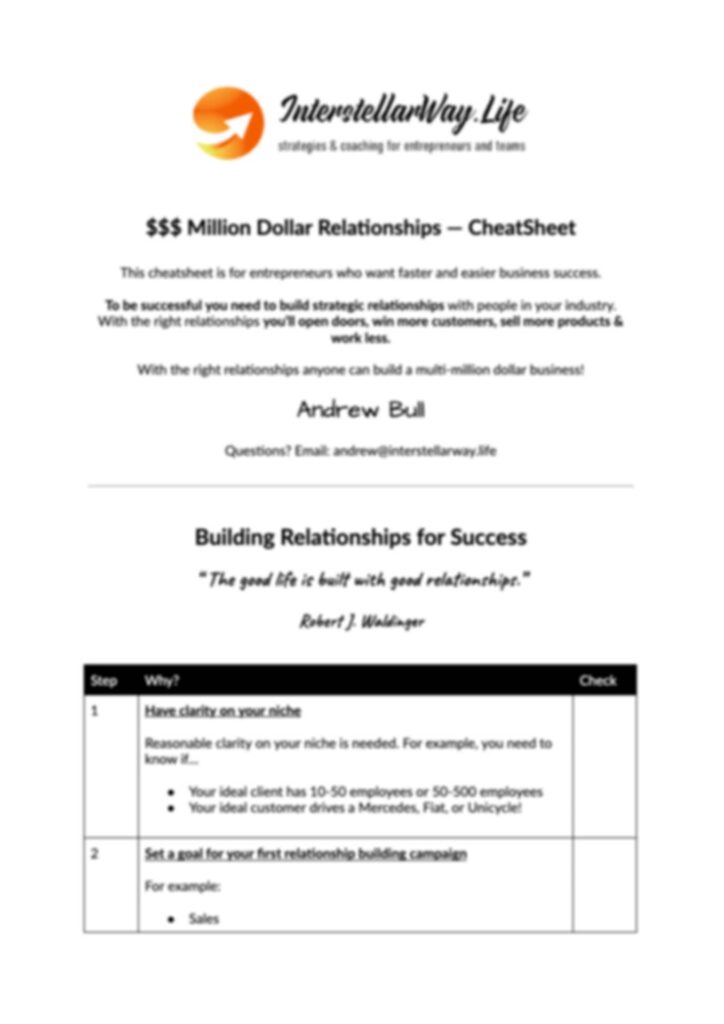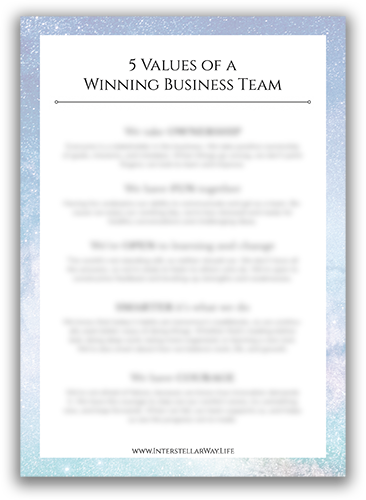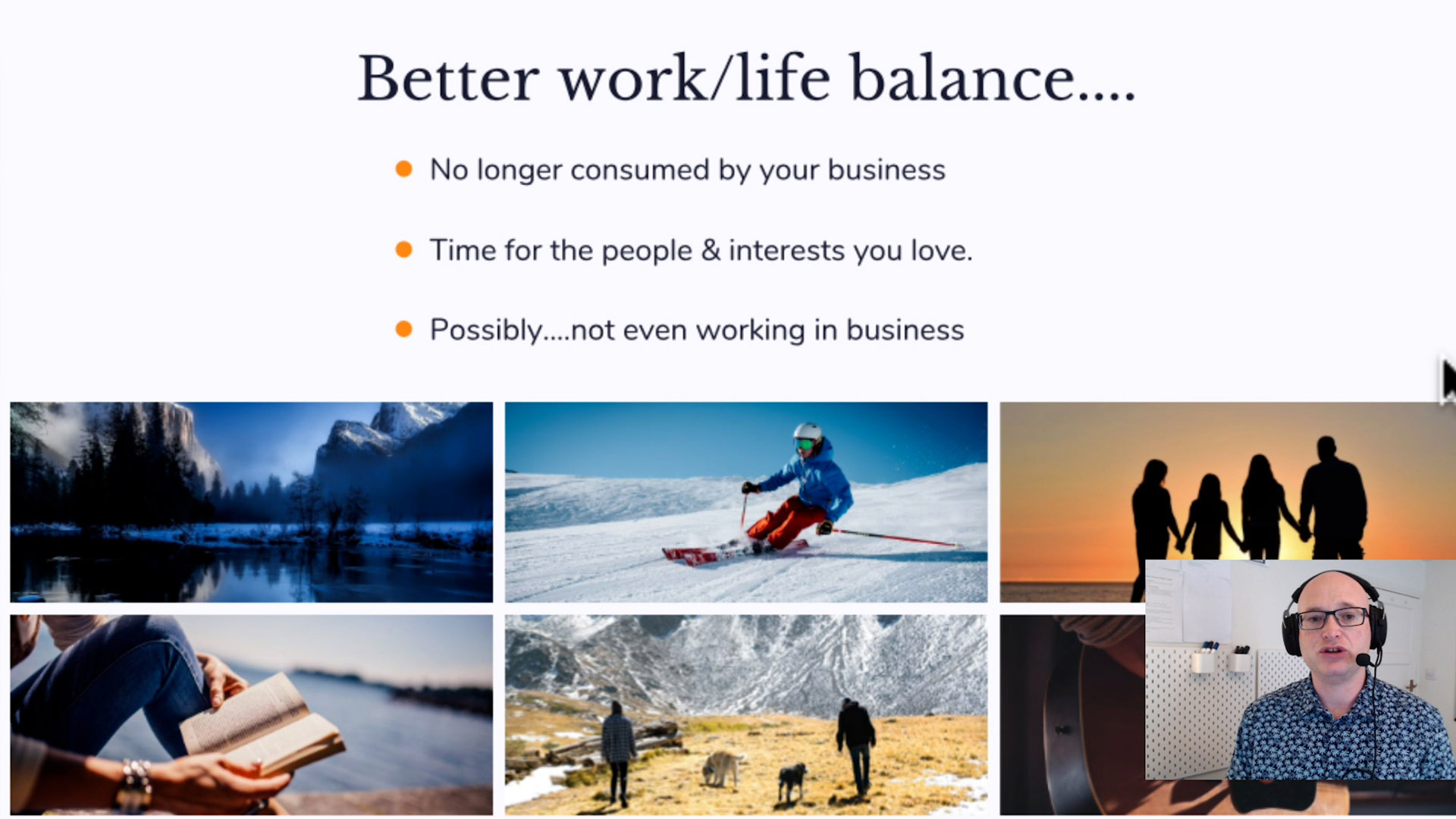When you’re a business leader, it’s easy to fall into a negative mindset. There are many factors that contribute to this: the economy, competition, constants changes (home-working, government regulations, etc) and the behaviour of others…
Like the driver who nearly runs you over, or the team member who starts their day hungover and unproductive.
However, these external forces are only a small part of this story….
What’s happening inside of us, the internal, our thoughts and emotions – has a huge bearing on our positivity, and the results we get from business and life.
Now you might think…
“Andrew, where do emotions and thoughts come from?”
Emotions and thoughts can be traced back to our beliefs. For example, a belief that “my work is not good enough” may cause you to feel self-doubt and anxiety. It may also make you sensitive to criticism from others – which could lead to tension and conflict with colleague and friends.
In the past, many psychologists believed negative emotions were triggered by life experiences – things that you’ve seen, heard, or even smelled.
However, the latest research suggests that emotions aren’t caused by external events or people’s behavior towards you. Instead, they’re triggered by what you believe about yourself, other people, and life-in-general.
What you think about the world around you is actually what leads to your feelings of sadness, anger, and anxiety. And this is where Albert Ellis enters the scene…
Dr. Ellis was an American psychologist who in 1955 developed Rational Emotive Behavior Therapy. His approach was centered on the idea that it’s the beliefs that are held by people that lead to emotional pain.
What pains do people experience?
Well, they can be…
- the pain of being addicted to something
- the pain of losing their temper at the wrong moment and not being a positive influence
- the pain of not being able to relate to other people in their business
- the pain of not feeling in control of their life
- the list goes on
Now, you might be wondering…
“What has this got to do with me, the business leader?”
Well, as a business leader, you’re no different to any other human being on the planet. You’re also driven by beliefs, thoughts, and emotions. The results you are getting in life are greatly determined by how well you manage those three things.
Of those three things (beliefs, thoughts, and emotions)… It’s really the beliefs that make the biggest impact. It’s undoubtedly your beliefs which determine how far you go in life…
Because your beliefs guide what you ‘think’ about the world and other people around you. And your thoughts lead to either or emotional reactions or considered responses.
Beliefs -> Thoughts -> Emotions
For example, if you believe that “it’s a desire necessity to be loved or approved by every significant person in your community” – that is, you believe it’s crucial to feel loved by people – then when you don’t get the love or approval from these significant others in your life, you’ll suffer emotionally.
In that moment, your thoughts might be “they don’t care about me” or “I’m not good enough” or “other people are more important than me.”
This emotional pain would then lead you to act impulsively – like getting angry with your team for not delivering on their tasks…
The belief that “it’s crucial to feel loved by everyone” is known as an irrational belief.
It is an irrational belief, because it forces you to make certain demands of the world around you – and if these demands aren’t met, you’ll suffer emotionally.
It’s not the world around you that makes you angry, sad or anxious… it’s your beliefs about what other people should be doing for you.
Improve your beliefs and improve your influence
So the healthier your beliefs… the healthier your thoughts will be… and the better and healthier your ability to manage your emotions will be.
Put bluntly, you’ll be acting more rationally and less irrationally, like a mature leader who can regulate themselves.
And when you’re a mature leader who is working from a place of rationality, you’ll be better able to influence people around you, whether that’s other business leaders, or people on your own team.
3 Irrational Beliefs of Albert Ellis ( for Business Leaders )
Albert Ellis identified 12 irrational beliefs. He used the following criteria to decide whether beliefs were irrational:
- The belief distorts reality
- The beliefs is illogical
- The belief leads to unhealthy emotions
- The belief leads to self-defeating behaviour
- The belief prevents a person from reaching their goals
Today, I’m going to share 3 of these limiting beliefs that hold back leaders like you.
#1. The Belief in perfection
“The idea that there is invariably a right, precise, and perfect solution to human problems and that it is catastrophic if this perfect solution is not found.” Albert Ellis
Why this belief hurts leaders: If you invest in this belief, then you will always be driven to find the perfect solution, which will never happen. You’ll become obsessed with it and fall into this trap where you continue to work on something that’s not working because you’re looking for the perfect solution.
Why this belief hurts teams: If you hold this belief, then you’ll blame your team for delivering work that is not perfect. You’ll team members will shun risky projects that they believe will not be perfect – and then the team won’t deliver anything.
How to shift this belief: The next time you are looking for the perfect solution, try shifting your mindset to this: “it’s not possible to find the perfect solution, but we can still take steps forward and be proud of what we’ve achieved.”
#2. The Belief in villains
“The idea that certain people are bad, wicked, or villainous and that they should be severely blamed and punished for their villainy.” Albert Ellis
Why this belief hurts leaders: Every villain needs a victim. When you focus your energy on ‘bad’ people, you’re inadvertently choosing to play the part of the victim, someone who has bad things done to them, someone who has no control – this belief is a shortcut to disempowerment and negativity.
Why this belief hurts teams: When leaders see their team members as ‘bad’ they imprison them within a label, and make it hard for the team member to change.
How to shift this belief: The next time you see someone as ‘bad’, try shifting your mindset to this:
- “This is not helping me. I will turn my focus to the actions of people, and stop focusing on their personality.”
- “That person is trying to do the best they can within the circumstances they have been given”
Stop looking for villains in your life and start looking for the hero inside of yourself and others. It might be hard to fathom, but 99.9% of people are trying to do the best they can at any given moment. Of course, people are imperfect and make mistakes. But don’t you?
#3. Happiness is externally caused
“The idea that human unhappiness is externally caused and that people have little or no ability to control their sorrows and disturbances.” Albert Ellis
Why this belief hurts leaders: When people believe happiness is external, they often invest their attention in chasing more of those external motivators… like money, status, work, good-times, awards…
It’s not surprising that happiness becomes this elusive pursuit, because it’s chasing something you can’t really find. It’s like searching for the horizon.
Why this belief hurts teams: When leaders believe happiness is external, they make it hard for their team members to be happy, too. They do this by creating a culture that rewards the wrong things.
How to shift this belief: Next time you’re chasing external happiness, try shifting your mindset to this:
- “I’ve been chasing happiness in a place it doesn’t exist. I can create my happiness, and I will start doing this by investing my attention in healthy things.”
In summary
It’s hard to shift your mindset because it’s so natural for us to hold these beliefs. That’s why you need to be aware of them. Be on the lookout for these limiting beliefs creeping back into your mind, and when they do, try shifting your mindset to something more empowering.
Remember…
Healthy beliefs -> healthy thoughts -> healthy emotions -> healthy leader
Once you’ve grasped this concept, it becomes a lot easier to manage your thoughts and begin regulating yourself.
Put theory into practice real
It’s time to move beyond theory and put your learning into practice. Here are some questions for you to work through.
- What are your irrational beliefs?
- What demands are you making of yourself or other people that aren’t helpful?
- What unhealthy emotions are being triggered by your thoughts?
- What negative reactions are hurting you and your business?
I hope you enjoyed today’s post.
Have courage, own your future, take action.
Andrew












